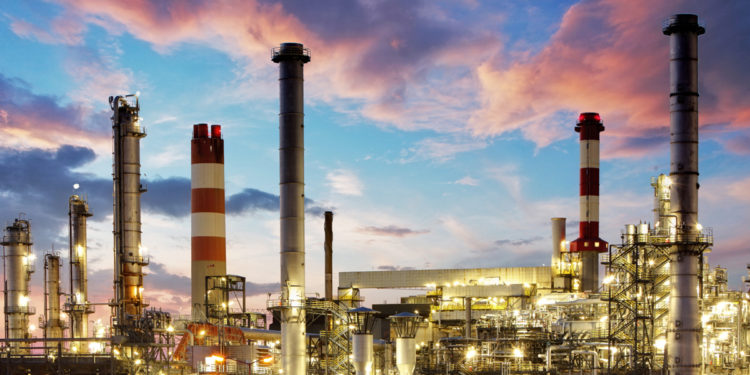By CHIMPREPORTS
Uganda is anticipating that Alpha MBM Investments, a United Arab Emirates (UAE) company, will make its final investment decision on the construction of the oil refinery in Hoima by the end of 2024. Uganda National Oil Company (UNOC) indicated that key agreements, including the Shareholders Agreement, Crude Suppliers Agreement, and Host Government, have been drafted and are awaiting completion of negotiations with Alpha MBM Investments, now the lead partner, before being signed.
Construction and operationalization of the 60,000 barrels per day refinery, located within the Kabalega Industrial Park, are scheduled for 2025 and 2028, respectively. The refinery project is part of Uganda’s crude oil commercialization plan, alongside the East African Crude Oil Pipeline (EACOP), aiming to reduce the country’s reliance on petroleum imports.
UNOC emphasized the need for a local refinery due to substantial and growing demand for petroleum products in both local and regional markets. The facility will convert crude oil into products such as jet fuel, diesel, petrol, and liquefied petroleum gas (LPG). Uganda currently imports over 2.5 billion liters of petroleum products annually, valued at about US$2 billion.
The majority shares in the Refinery Project are held by the Government of Uganda through UNOC, with the rest to be held by joint venture partners. UNOC is actively seeking a joint venture partner with the necessary financial capability. Refined petroleum products will be transported to the Kampala Storage terminal in Namwabula, Mpigi District, via a multiple-product pipeline (approximately 211 km) for distribution to the broader market in Kampala and beyond.
The heavy fuel oil (HFO) and liquefied petroleum gas (LPG) will be transported by road and rail to markets within Uganda and beyond. The Front-End Engineering Design (FEED) for the Refinery has been completed and approved by the government of Uganda, focusing on technical design requirements and investment costs with an accuracy of +/- 30%.
Additionally, the Environmental and Social Impact Assessment (ESIA) studies for the project are nearing completion and will be submitted to the National Environment Management Authority for approval. The ESIA identifies environmental and social impacts and proposes mitigation measures for the project.







Discussion about this post